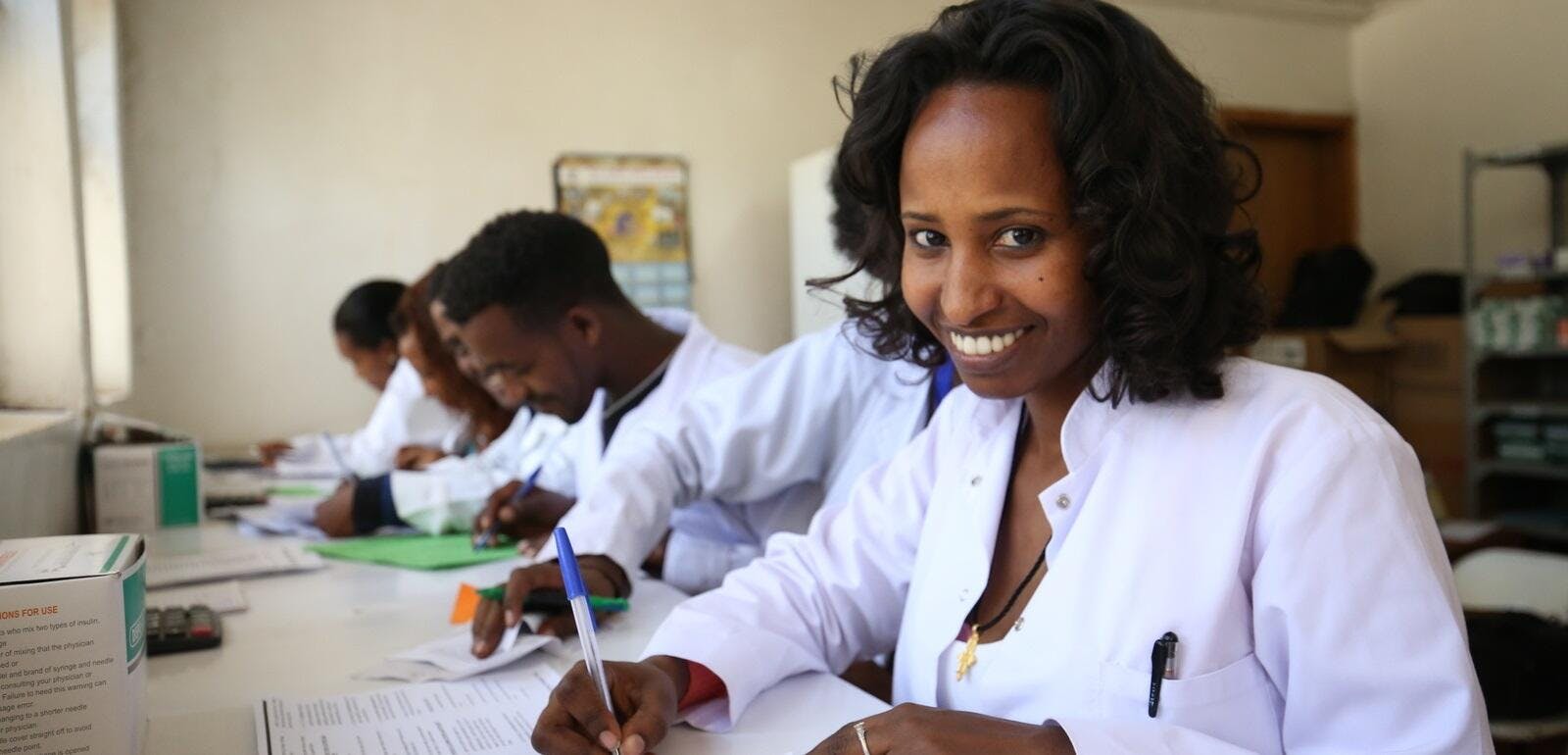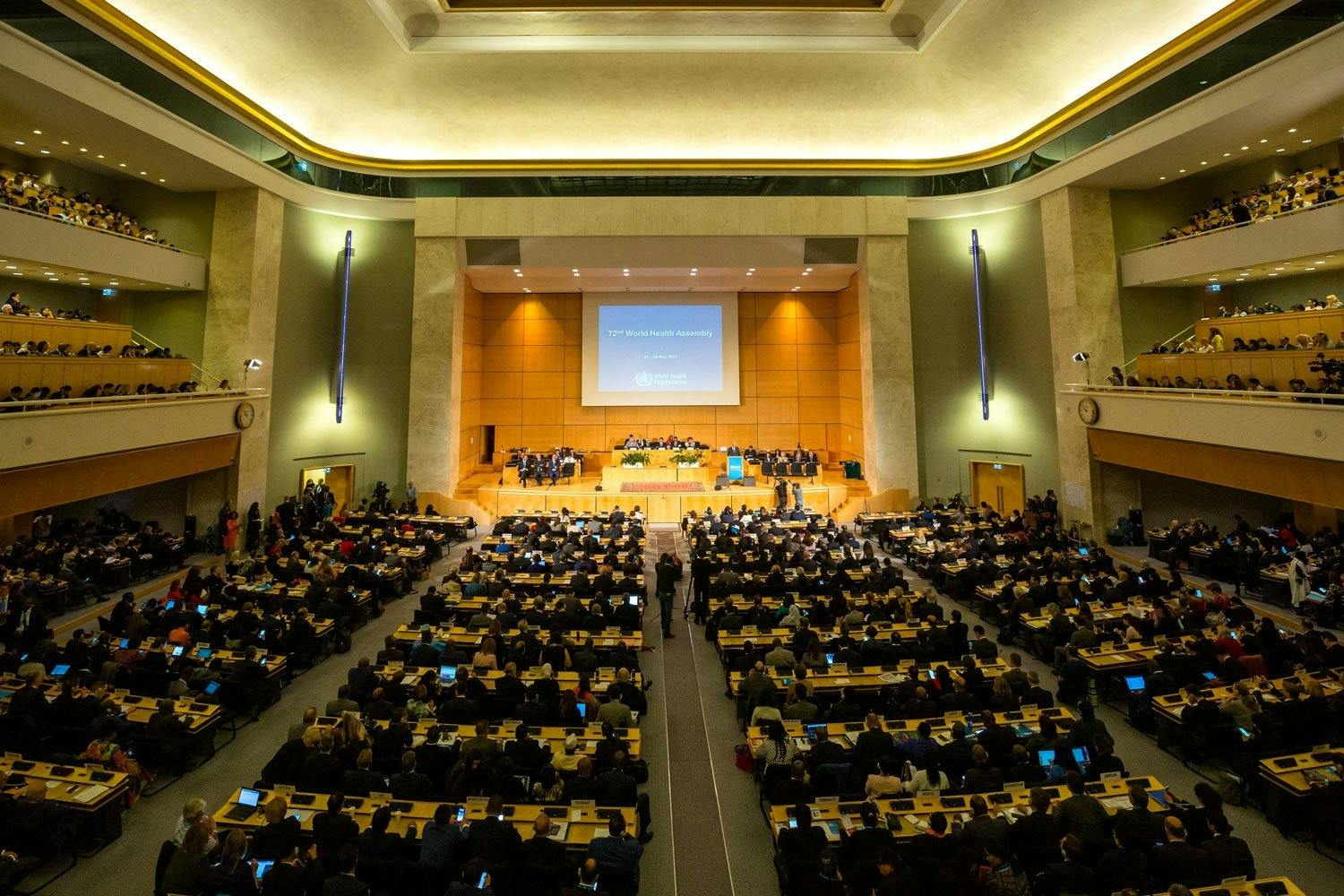Founded in 1948, World Health Organization (WHO) is the United Nations agency that connects nations, partners and people to promote health, keep the world safe and serve the vulnerable – so everyone, everywhere can attain the highest level of health.
From emerging epidemics such as COVID-19 and Zika to the persistent threat of communicable diseases including HIV, malaria and tuberculosis and chronic diseases such as diabetes, heart disease and cancer, WHO brings together 194 countries and work on the frontlines in 150+ locations to confront the biggest health challenges of our time and measurably advance the well-being of the world’s people.
Commitments made to:
At A Glance
WHO works towards promoting right based access and quality of services in contraceptives and fertility care to all individuals who want to use them.

World Health Organization Commitment Narratives
- WHO will promote rights-based family planning, contraception, and fertility care by producing, disseminating, and supporting the implementation of evidence-based guidelines for safe, equitable, and accessible policies, programs, and services.
- WHO will promote program and service innovation and improvements through clinical, epidemiological, and implementation research to help countries scale up and sustain quality rights-based family planning.
- WHO will provide technical assistance to countries and conduct capacity building to strengthen policies, support successful implementation, and scale up contraceptive programs. It will do so through innovations such as South-to-South learning exchanges to improve implementation, decreasing barriers to access contraceptives through various mechanisms such as task sharing, service integration, and accountability, and by supporting innovations such as self-care interventions (including over-the-counter access to regulated contraception through pharmacies and self-administration of injectable contraception) and the use of digital technologies.
- WHO commits to facilitating the expansion of contraceptive methods by providing pre-qualification of contraceptive commodities.
- WHO commits to meaningful community engagement, including women living with HIV, indigenous and other underserved, marginalized populations, in the development and implementation of normative guidance on contraception and fertility care.
- WHO will leverage the IBP Network to engage country, regional, and global partners in the promotion of evidence-based guidelines and practices around contraception.
- Through the Adolescent/Youth Technical Assistance Coordination Mechanism, WHO will continue to work with FP2030 to support countries in improving access to and uptake of contraception by adolescents by supporting the development of sound policies and strategies on adolescents and their effective implementation and monitoring.
- WHO will work with partners in assessing family planning services in humanitarian settings and support strengthening service delivery through the application of the WHO Contraceptive Delivery Tool for humanitarian settings.

Become an FP2030 Partner









